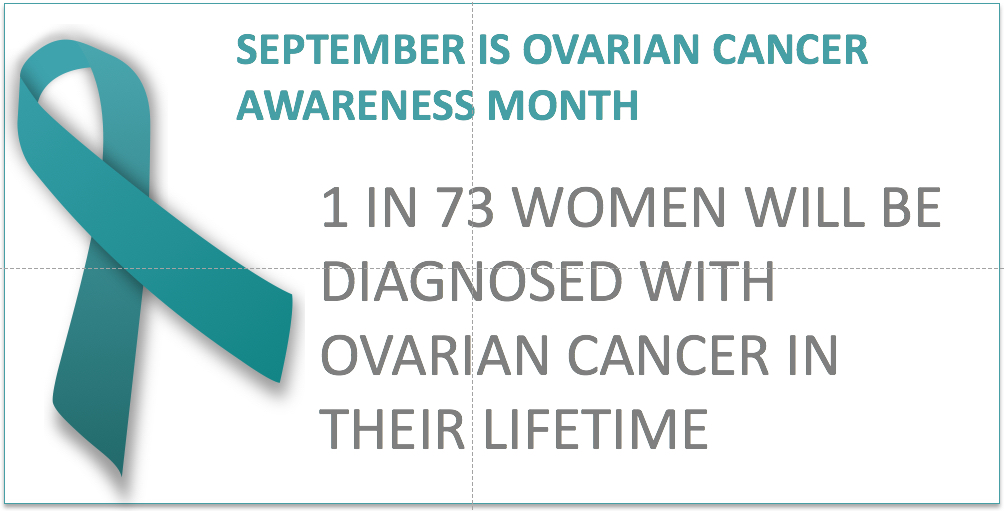The American Cancer Society is revising its position on screening for breast and prostate cancer because of concerns we may be identifying cancers that are almost benign or might even go away on their own, and that overtreatment is causing harm.
We’ve already talked about this on many Patient Power programs. We spoke about how the PSA test might be overused and also how, even when cancer is spotted, watchful waiting or “active surveillance” might be the best course. When it comes to prostate cancer, the wisdom goes: most men will die with it and not from it. When it comes to breast cancer, has early detection saved lives or have other steps like reducing the use of hormone replacement therapy made a much bigger difference?
Some experts worry that this latest news will just confuse people. After decades of saying early detection saves lives – and it does with colon cancer and cervical cancer screening (and it would be great if we could do it for ovarian and lung, among others, too) – are we now saying don’t rush off to have a PSA or a mammogram; it’s okay if you hesitate?
Is this like another issue right now: how confusion is reigning among some about the swine flu vaccine? Who should get it? Should it be mandatory among some employee groups? Do risks outweigh the benefits? I’ll comment on that issue coming up.
But you understand how we want cancer screening clarity. Now the ACS and others are muddying the waters as they face facts that the screening has not increased survival and may have put some people through the ringer and wasted millions of dollars.
What’s a health care consumer to do?
Here’s my take: I believe women should still have annual mammograms at age 40 and men should have a PSA test at age 50. And those “enjoyable” digital rectal exams for men should be part of regular exams too. That is simply identifying if there is something suspicious. That’s Step One. But Step Two, if something is spotted, is not to rush to treatment. This is where providers and patients need to have rational, informed discussions about 1) whether anything really needs to be done and 2) how to keep evaluating that with credible data while options are considered now or in the future.
I understand how most people, if there is even a hint of a cancer diagnosis, want it “out” and fast. But that causes more harm than good in many cases. Studies are ongoing to better understand which cancer types, biologically, are the real “bad guys,” and which might actually go nowhere or even regress. As urologists will tell you related to prostate cancer, that knowledge is the “holy grail” they seek.
In the meantime, we do have some providers, needing “throughput” for their medical practice, who encourage intervention no matter what. We, the patients, must ask probing questions and yes, get second opinions.
So where I come out is: screening--yes. Rush to treatment, except in rare cases-- no. Let’s create a dialogue about options. Stepping back from screening is, in my opinion, a mistake, and treating patients like children who can’t push for an active, intelligent dialogue about what to do next. I think we patients are up to it. Take the pictures, do the blood tests, and then let’s talk.
Patient Power: Online Video & Audio Interviews for Patients
Andrew's Blog: Leukemia Survivor




Add a CommentComments
There are no comments yet. Be the first one and get the conversation started!